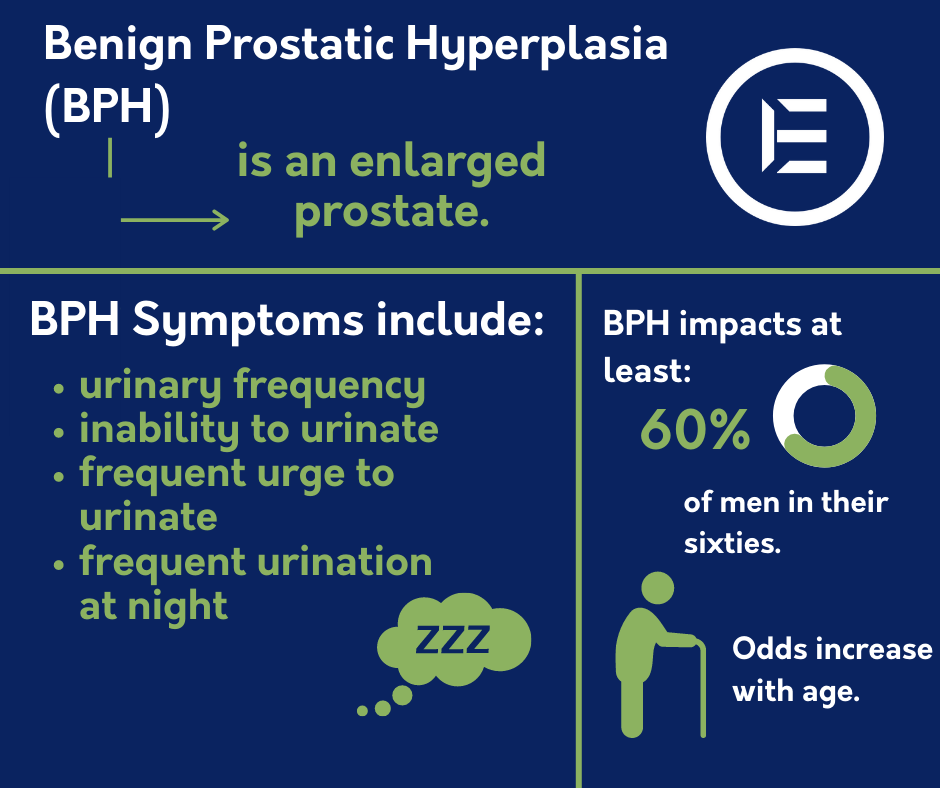When it comes to BPH, also known as benign prostatic hyperplasia, it’s very important to have a clear idea of what’s going on and to seek proper treatment for the reduction of the size that the prostate has grown to. While the treatment for this type of disorder might seem straightforward, the presence of an underlying condition and the level of disruption that the enlarged prostate creates will lead experts to recommend a variety of different treatments.
Finding the right one for you can require getting informed and doing some research on your own while also asking for opinions and recommendations from a number of different doctors and specialists.
Coordinating with Your Doctor
As with every medical problem, your initiative has to start with going to your general practitioner for a checkup. While most doctors will not be able to diagnose the problem, they may be able to tell you with some degree of certainty whether or not your prostate is the culprit and recommend an expert or a clinic that can provide you with further tests and a definite diagnostic. From then on, getting the proper treatment for your BPH shouldn’t be too hard.
So start off by visiting your doctor and being straightforward about the pain that you feel or any other symptoms you might have. Also, make sure that you disclose your full medical history, especially if you moved to another area and you’re dealing with a medical practitioner who isn’t yet aware of all the medical problems that you have. With that information, they will be able to recommend specific solutions that you can consider when it comes to testing and treatments.
The Importance of Proper Testing
BPH isn’t a disease with clear distinguishing signs. The symptoms that it presents can sometimes be mistaken with those of other diseases, which is why it is extremely essential that you visit a clinic that can help you by testing for and diagnosing the disease properly.
Two of the main tests used to determine whether you have BPH or not are the urinary flow test and the postvoid residual volume test. The former measures the amount of urine flow, while the latter is designed to determine whether you are actually able to empty your entire bladder while urinating.
Additional tests also include more advanced methods such as the transrectal ultrasound, which uses an ultrasound probe to measure the size and enlargement of your prostate, or the cystoscopy, which features a special device known as a cystoscope, to allow the doctor to see inside your urethra and bladder.

Visiting the Best Clinic in Colorado
The best clinics for BPH treatment in Denver Colorado are those that offer professionalism, dedication and a high degree of skill in both testing for and treating benign prostatic hyperplasia. These clinics will offer you the kind of support you need regardless of your specific circumstances, and they won’t hesitate to go the extra mile to ensure that the disease is properly treated.
ECCO Medical is one of the best Colorado clinics to offer these solutions and many others. If you visit ECCO Medical and you’re suffering from BPH, you can already know that you’re in good hands, and that you will receive the right treatment.
